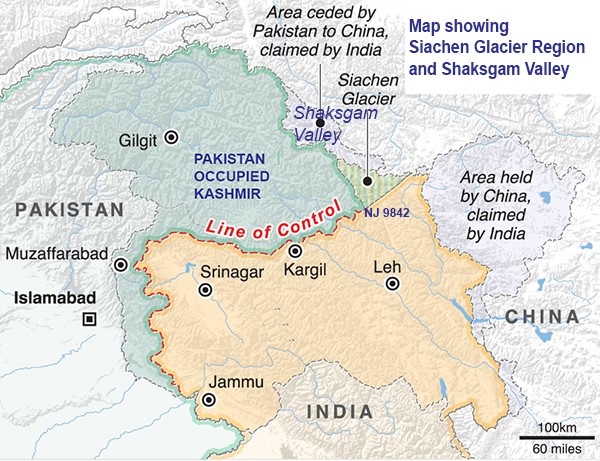India, Pakistan Suspend IWT and Simla Agreement
India, Pakistan Suspend IWT and Simla Agreement
Why in News ?
Following the Pahalgam terror attack, India suspended the Indus Waters Treaty (IWT), prompting Pakistan to announce it would hold all bilateral treaties, including the Simla Agreement, in abeyance—raising questions about the future of existing India-Pakistan agreements.
Indus Waters Treaty (IWT) Suspension:
- India formally informed Pakistan of holding the 1960 Indus Waters Treaty in abeyance.
- The treaty can’t be terminated unilaterally; changes require mutual agreement and ratification.
- India cited “fundamental changes” including demographic shifts, energy needs, and Pakistan’s bad faith due to cross-border terrorism.
- In international law, such unilateral suspension is complex and requires strong justification under the Vienna Convention on the Law of Treaties (1969).
- Warnings issued that the Indus water flow remains unaffected for now as India lacks infrastructure to restrict it.
Legal and Diplomatic Implications
- “Hold in abeyance” is not formally recognised in the Vienna Convention, but “termination” or “suspension” is allowed under Article 62 for fundamental changes.
- Terrorism may not qualify under IWT scope; climate-related reasons have more legal weight.
- Pakistan may invoke the IWT’s dispute resolution mechanism, but international law remains consent-based and non-binding.
- Legal precedent (e.g., ICJ’s Nicaragua case) shows a high threshold for suspending treaties.
| Simla Agreement and Line of Control (LoC):
● The 1972 Simla Agreement outlines peaceful bilateral conduct and recognises the LoC as the de facto border. ● It contains non-binding “best endeavour” clauses, often breached by Pakistan through ceasefire violations and infiltration (e.g., Kargil 1999). ● Pakistan’s suspension of the agreement signals non-recognition of the LoC, further weakening diplomatic channels. ● The agreement lacks a legal enforcement mechanism or dispute resolution provision. |





